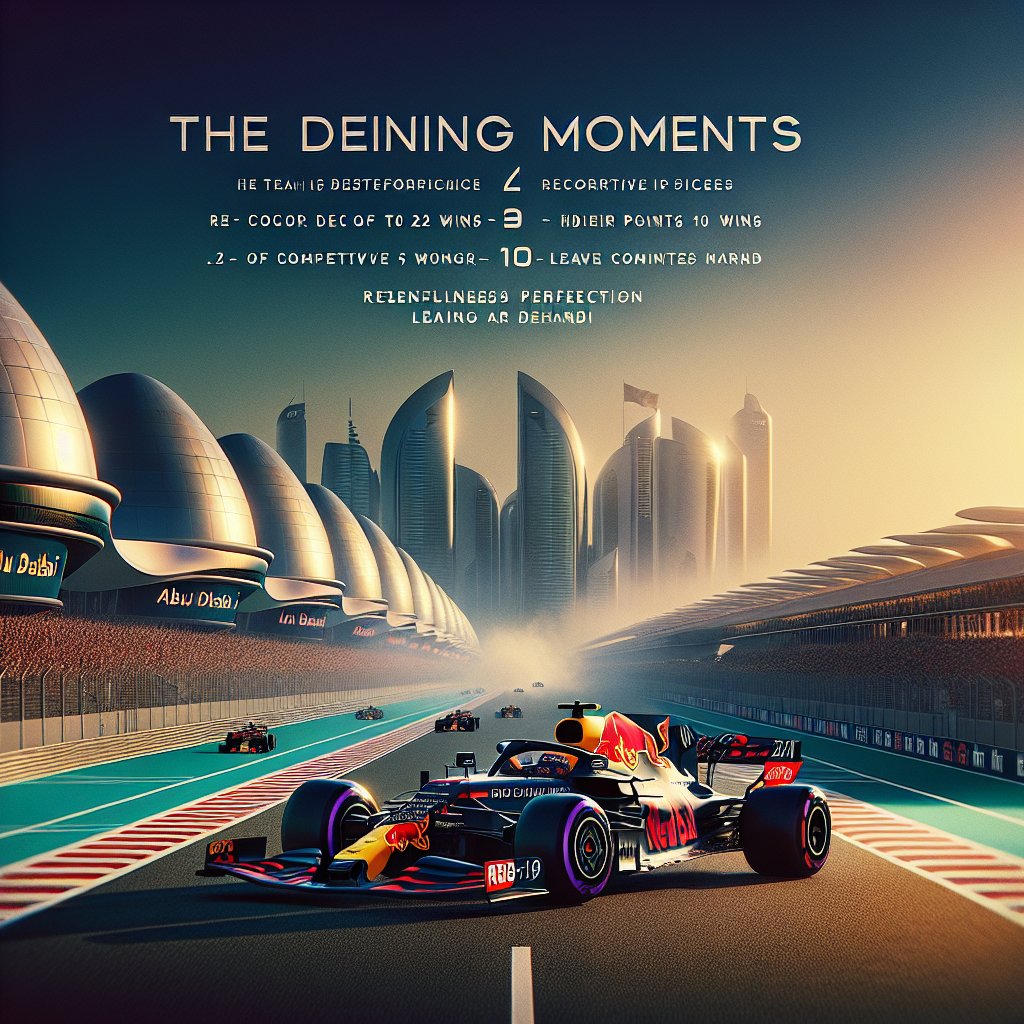Image: AI generated for illustration purposes
Red Bull Racing's "Room for Improvement" Defies F1's Competitive History
Red Bull Racing has set a new benchmark in the Formula One world after an unprecedented season, winning 21 out of 22 races in 2023. The impact of their success extends far beyond the final race in Abu Dhabi, where Red Bull principal Christian Horner light-heartedly suggested there was "room for improvement" for 2024. His words, though seemingly in jest, echo the relentless pursuit of perfection in motorsport, especially when backed by a team's extraordinary performance.
The Red Bull RB19 has etched its name in the annals of F1 history with its remarkable achievements, missing out on victory at just one Grand Prix in Singapore. With a record of 10 consecutive wins by triple world champion Max Verstappen, who garnered a stunning 19 wins in total, the car is set to be remembered as one of the most dominant in the sport’s history.
As F1's calendar expands to 24 races in 2024, the question on the lips of fans and competitors alike is how much better the RB19's successor, the RB20, can perform, and whether other teams can narrow the colossal gap established by Red Bull in the previous season. The disparity in performance was most vividly captured in the points margin, with Red Bull amassing more points than the total points earned by their closest competitor, Mercedes.
Even the achievements of Red Bull's Sergio Perez, who came second in the championship, were dwarfed by Verstappen’s towering success. However, Perez's position within the team remains the subject of speculation, despite Horner expressing confidence in the Mexican driver's potential to return stronger after reflection this winter.
The dominance of Red Bull was such that Verstappen, winning the Abu Dhabi Grand Prix from pole with the fastest lap, delayed his last pit stop to accomplish yet another milestone: becoming the first driver to lead for over 1,000 racing laps in a season.
While Mercedes boss Toto Wolff has candidly likened the challenge of catching up to Red Bull to scaling Mount Everest, even seven-time world champion Lewis Hamilton acknowledges the steep trajectory of the Austrian team's performance, which has only exacerbated by their decision to halt development of the car since mid-2023.
The seismic shock of Red Bull's supremacy sends a ripple effect across the paddock, with rival teams forced to innovate and push the boundaries to even consider challenging for the title in the forthcoming season. The next significant overhaul of regulations is set for 2026, but F1 chief Stefano Domenicali has pointed to teams like McLaren as evidence that substantial progress can be made within the existing framework.
Despite Red Bull's race wins, it's notable that they claimed "only" 14 pole positions from the 22 races, suggesting that qualifying performance could be an area where rivals can find an initial advantage. However, Ferrari's Charles Leclerc, despite securing five pole positions, failed to convert any into victories, while Verstappen transformed all 12 of his pole starts into wins.
The F1 community anticipates the 2024 season, acutely aware that Red Bull's dominance has set a new era of competition. The pursuit of excellence continues, Red Bull's commitment to further success sends a clear message: in Formula One, the race never truly ends.










